Just two days after imposing restrictions, Taiwan has reversed its decision to limit semiconductor exports to South Africa. This swift policy change underscores Taiwan’s cautious approach in leveraging its dominant chip manufacturing sector amid diplomatic disputes. The Ministry of Economic Affairs, acting in coordination with the Ministry of Foreign Affairs, stated that the move aims to preserve diplomatic dialogue with Pretoria.
Earlier this week, Taiwan introduced export controls following South Africa’s decision to relocate Taiwan’s liaison office from Pretoria to Johannesburg-a shift Taipei perceived as a downgrade of its diplomatic standing and a subtle challenge to its sovereignty.
The newly implemented restrictions mandated that companies seeking to import advanced semiconductors obtain prior authorization before shipments could leave Taiwan. This measure threatened to disrupt key South African industries, including automotive production, industrial automation, and artificial intelligence development.
In response, the South African government promptly called for diplomatic engagement regarding the status of Taiwan’s de facto embassy. Subsequent talks between the two nations led Taiwan to suspend the export controls pending further negotiations.
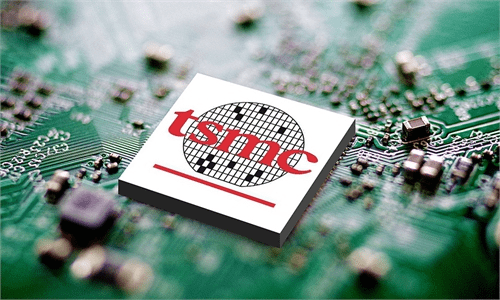
Navigating Between Conflict and Diplomacy
This rapid policy reversal highlights Taiwan’s delicate balancing act as the global epicenter of semiconductor production. The island accounts for over 60% of worldwide semiconductor output and dominates more than 90% of the most sophisticated chips essential for AI technologies, electric vehicles, and consumer gadgets. While Taiwan’s chip exports could serve as a potent diplomatic instrument to influence trade partners, wielding such leverage risks destabilizing international supply chains and drawing intense geopolitical scrutiny.
Previously, Taiwan’s Foreign Ministry framed the export restrictions as a defense of national dignity. Philippe Yen, Director-General of the Department of West Asian and African Affairs, emphasized the government’s commitment to collaborating with trade authorities to enforce these measures.
“To safeguard our sovereignty and national pride, we are coordinating with relevant agencies on countermeasures, including potential semiconductor export restrictions,” Yen stated when the controls were first announced.
Related: Taiwan enforces chip export limits on South Africa amid diplomatic tensions
The announcement sparked immediate alarm in South Africa, where advanced semiconductors are increasingly vital to sectors transitioning toward automation and electric vehicle manufacturing. Automotive assembly lines depend heavily on chips for supply chain management, sensor integration, and electronic systems. Any disruption could delay projects and hinder industrial progress, especially as South Africa prepares to host the G20 summit in November.
Industry experts warned that even a brief interruption could have long-lasting repercussions for companies developing AI models, robotics, and smart infrastructure. Although South African manufacturers have started exploring alternative suppliers, none match Taiwan’s technological sophistication or production scale.
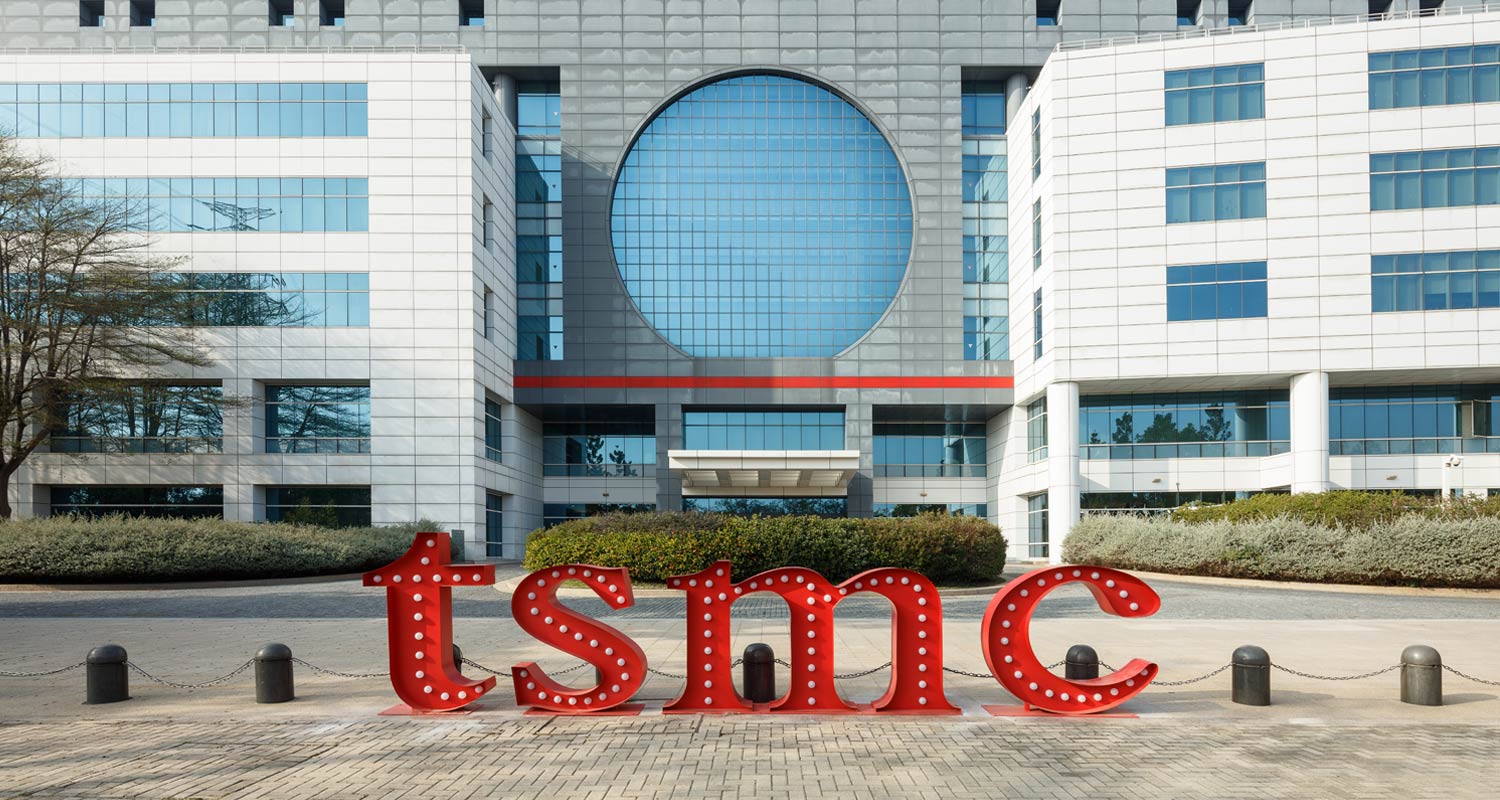
Broader Geopolitical Context and Stakes
South Africa’s decision to move Taiwan’s liaison office reflects a broader shift in its foreign policy stance. The government has reaffirmed its adherence to the “One China” policy, as outlined in UN Resolution 2758, recognizing Beijing as the sole legitimate representative of China in international forums.
While officials described the office relocation as a routine administrative adjustment, many observers interpreted it as a diplomatic slight. Taiwan condemned the move, which was widely seen as South Africa aligning more closely with China.
By temporarily halting the export restrictions, Taiwan appears to be seeking to de-escalate tensions without relinquishing the option to reinstate controls if diplomatic efforts falter. This suspension effectively pauses the measures, allowing space for dialogue.
This episode underscores how semiconductors have evolved from mere manufacturing components into strategic geopolitical assets. Taiwan’s dominance in chip production grants it significant influence in international disputes, but also places its integral role in the global economy under scrutiny.
Looking Ahead
Taipei’s decision to suspend the export controls opens a pathway for diplomatic resolution. Both Taiwan and South Africa now have an opportunity to negotiate a mutually acceptable solution regarding the liaison office’s status-one that respects Taiwan’s concerns while avoiding trade disruptions detrimental to both economies.
Meanwhile, South African industries are advised to maintain contingency strategies should export restrictions be reinstated. Business groups have urged the government to ensure uninterrupted access to advanced semiconductors, warning that supply interruptions could derail progress in critical sectors.
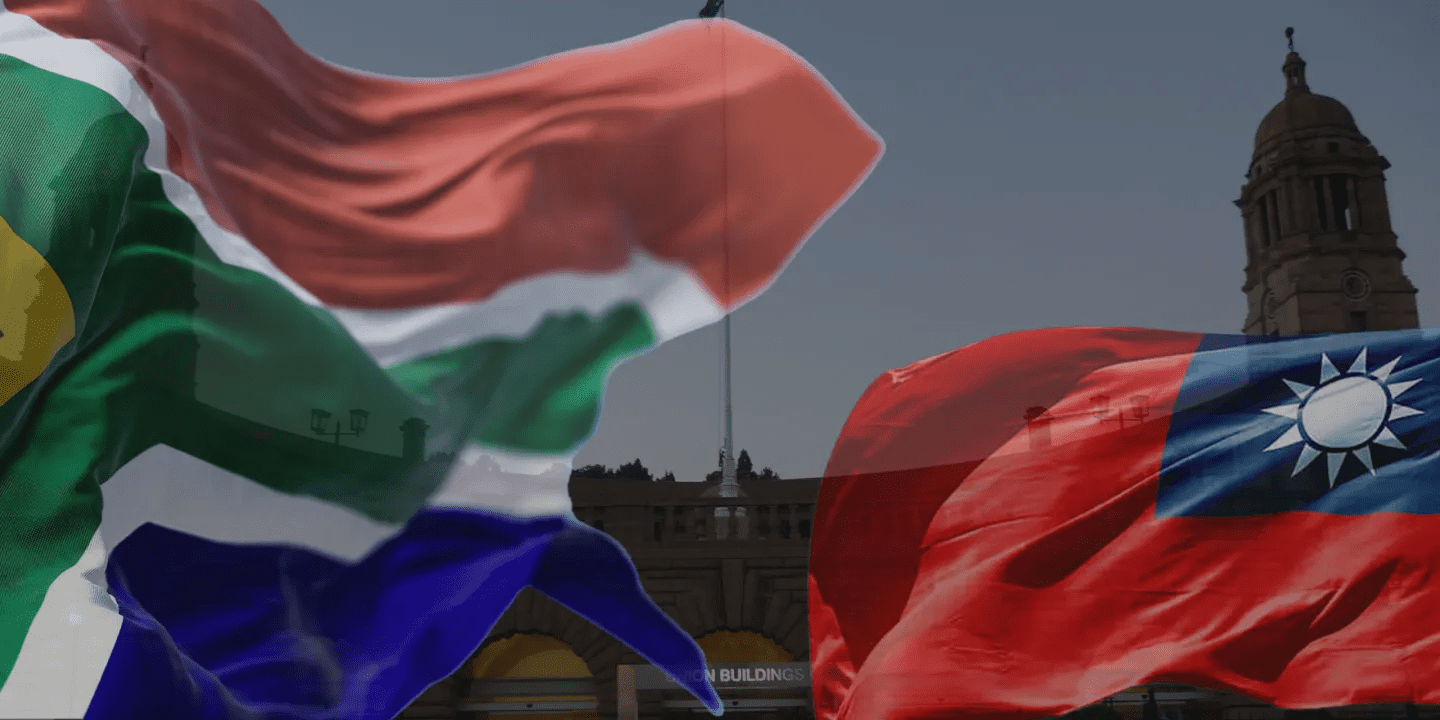
On a global scale, this incident exemplifies the growing intertwining of technology and international relations. Semiconductor supply chains now sit at the crossroads of commerce, national security, and diplomacy. Similar tensions have already emerged in Taiwan-China, US-China, and US-Europe relations concerning chip manufacturing and exports.
For Taiwan, this episode tests its capacity to defend sovereignty through its critical role as a dependable supplier of advanced technology. For South Africa, it highlights the economic risks tied to foreign policy decisions, especially as access to cutting-edge technology becomes a key driver of growth.
As negotiations proceed, the international community will be closely monitoring the outcome. The resolution will not only shape Taiwan-South Africa relations but may also set a precedent for how Taiwan’s semiconductor industry is utilized as a diplomatic instrument in future geopolitical conflicts.


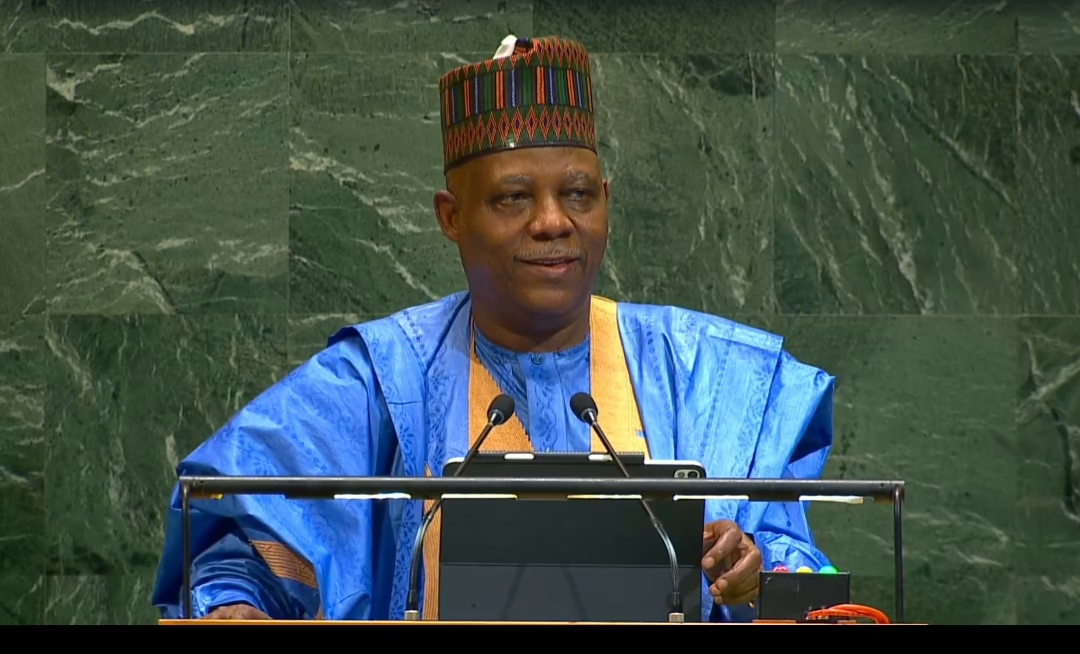














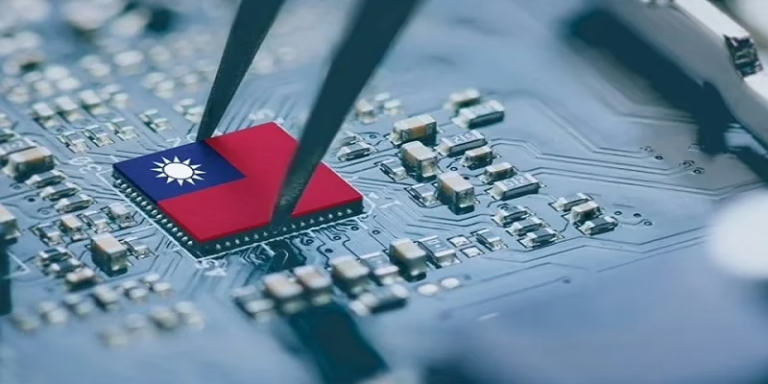
0 Comments